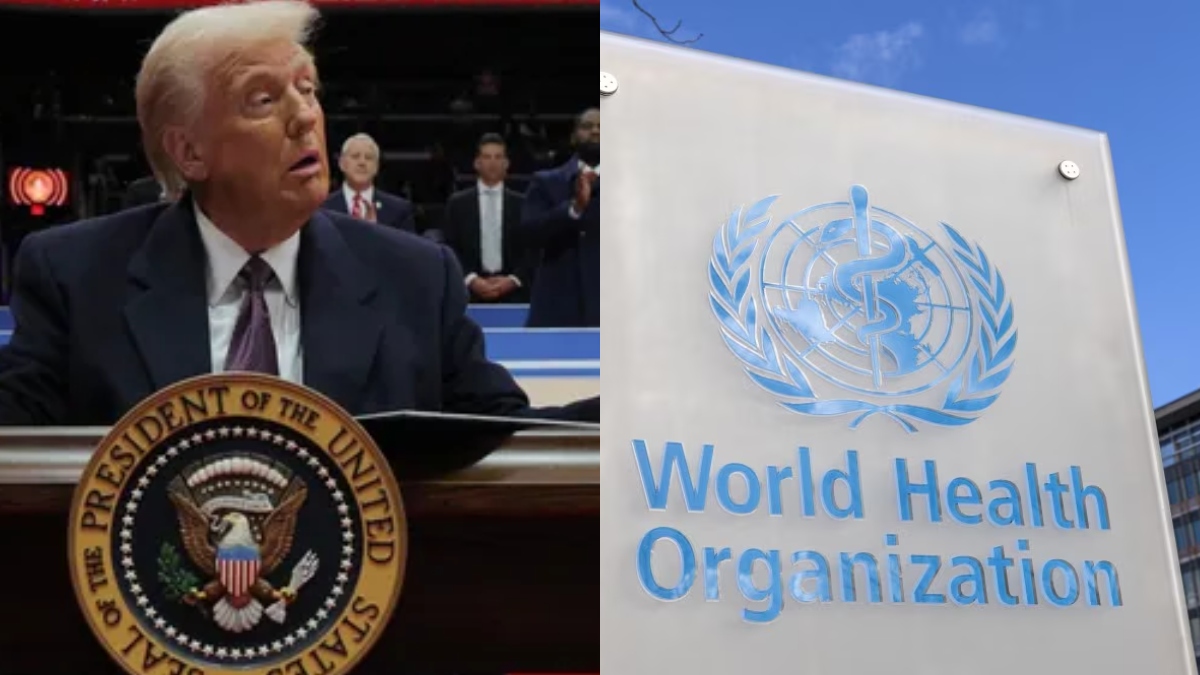Hours after assuming the Oval Office, US President Donald Trump signed an executive order which would pull the United States out of the World Health Organisation (WHO). This is the second time Trump has unleashed an attack against the global health body. Before Trump signed the executive order, several health experts warned the move would isolate the US at a time when viruses are spreading all around the world.
The move can turn out to be a major setback for the WHO since the United States has historically been the largest funder of the global health agency headquartered in Geneva, Switzerland. Not only this, Washington has strongly influenced the agency since its founding after World War II.
In the past, Trump had slammed WHO over its handling of the COVID-19 pandemic. However, his own administration was scrutinised for being “too slow” to deal with the crisis. In 2020, at the height of the pandemic, he began the process of pulling out from WHO.
His plans were not fulfilled due to US law governing the timeline for withdrawal and funding obligations to the agency. President Joe Biden eventually reversed Trump’s decision and restored the funding to the body. This time, Trump’s first executive order on the first day of his second term would enable him to carry out his decision.
How will the US withdrawal impact WHO?
The consequence of a US withdrawal would be dramatic. Apart from his membership dues of roughly $110 million annually, the United States is also the biggest voluntary donor of WHO, contributing $1.1 billion in 2022 and 2023 combined. The country provides about one-fifth of WHO’s budget every year.
If the US opts out, other members of the body might make up some difference, the same way they did when Trump slashed the US’s contribution to the body. Despite such efforts, none of the member nations would be able to make up America’s contribution. Washington’s departure would also sever WHO’s ties with several crucial American health agencies such as the Centers for Disease Control and Prevention (CDC) and the Food and Drug Administration (FDA), which currently provide guidance to WHO on a range of topics.
Impact Shorts
More ShortsLosing American funds would restrict WHO’s ability to react quickly. Meanwhile, the departure would also leave the US more vulnerable to new health crises, since WHO provides a strong defence against diseases through global collaboration and data sharing. It is pertinent to note that the United States joined WHO through a joint act of Congress in 1948. Hence Congress might need to weigh in on the matter. However, Republicans have a majority in both the Senate and the House.
With inputs from agencies.
)